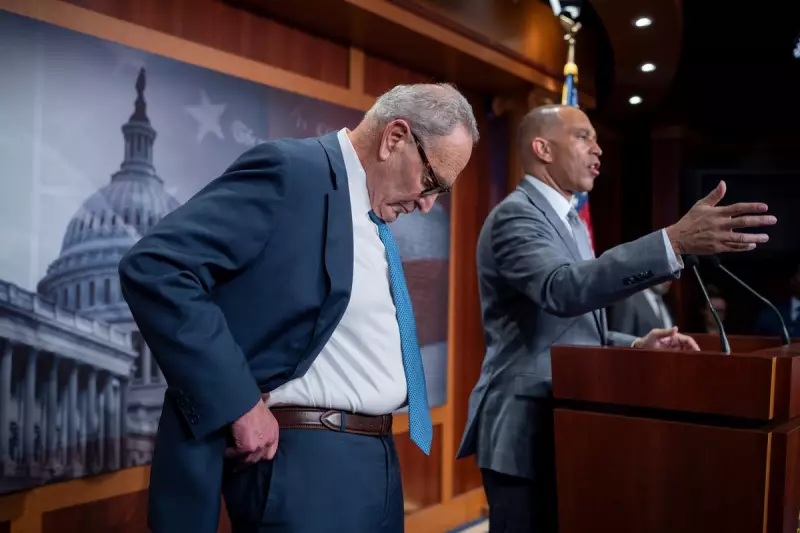
The Democratic Party is executing a dramatic digital pivot, deploying an army of TikTok creators and gaming influencers to stem the worrying tide of young men abandoning their camp. Party strategists are sounding alarm bells as polling reveals a significant erosion of support among millennial and Gen Z males, a demographic once considered a reliable component of their coalition.
The Influencer Offensive
Rather than relying on traditional campaign methods, Democrats are pouring resources into partnerships with popular social media personalities who can deliver their message in authentic, organic ways. This strategy represents a fundamental shift from broadcast politics to what insiders call "relationship-based persuasion."
The approach acknowledges that young men increasingly inhabit digital spaces where conventional political messaging falls flat. By collaborating with creators who already command trust and attention, the party hopes to bypass political fatigue and speak to voters where they naturally congregate.
Why Young Men Are Drifting Away
Multiple factors appear to be driving the Democratic disconnect with young male voters:
- Economic anxieties: Many young men feel left behind by economic policies and worry about their financial futures
- Cultural messaging: Some perceive the party's focus on identity politics as exclusionary
- Digital ecosystem: Conservative voices have built robust alternative media networks that resonate with young men
- Policy priorities: Issues like student debt forgiveness and climate change sometimes fail to connect with male concerns
A New Playbook for Digital Politics
This influencer strategy represents perhaps the most significant evolution in political outreach since the Obama campaign's pioneering use of social media in 2008. The Democratic apparatus is now:
- Identifying creators with substantial followings among target demographics
- Developing authentic content that aligns with both party messages and creator brands
- Measuring engagement and conversion metrics with unprecedented precision
- Adapting messages in real-time based on audience response
"We're meeting people where they are, not where we wish they were," explained one Democratic digital strategist involved in the programme. "For many young men, that means gaming streams, sports commentary channels, and comedy TikTok accounts rather than cable news or campaign rallies."
The High Stakes of Digital Outreach
With control of the White House and Congress potentially hanging in the balance, Democrats cannot afford to cede the youth vote. The party's internal research suggests that even small shifts among young male voters could determine outcomes in crucial swing states.
This digital blitz represents a recognition that the political battlefield has fundamentally shifted. The influencers being deployed range from political commentators to apolitical creators willing to gently incorporate voting messages into their usual content.
As one strategist bluntly assessed: "If we can't figure out how to talk to young men in 2024, we're going to keep losing them. This isn't just about one election—it's about whether we remain relevant to an entire generation."






